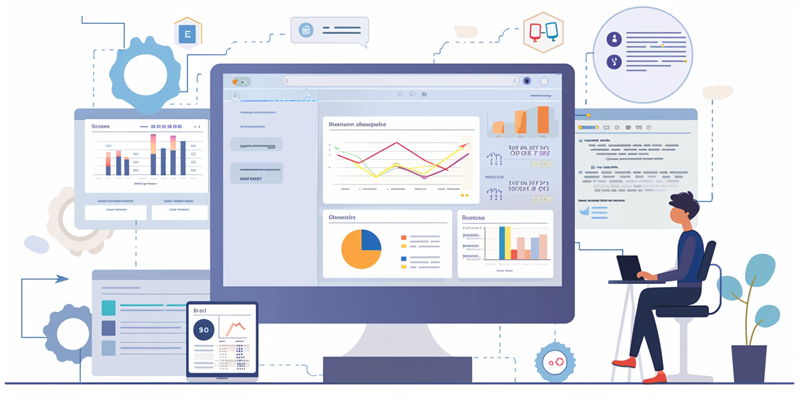Lamb Weston, a company known for its prowess in producing frozen potato products, recently encountered significant turbulence in its business operations due to an enterprise resource planning (ERP) system overhaul. The transition to a sophisticated SAP platform — intended to streamline their complex supply chain — became encumbered with obstacles. Missteps in the system’s implementation caused a detrimental lapse in inventory visibility at distribution centers, leading to a staggering $135 million drop in net sales over one fiscal quarter.
The ERP upgrade resulted in a sharp 16% sales volume downturn. This impact was most profound for customers needing a diverse product mix. Lamb Weston faced a domino effect of complications ranging from order receipts to delivery, thus affecting not only their financial stability but also jeopardizing valuable customer relationships due to order delays and cancellations.
Lamb Weston’s Mitigation Strategies
Lamb Weston executives Tom Werner and Bernadette Madarieta publicly acknowledged the severe difficulties faced during the company’s Q3 earnings call. To counteract the ERP launch problems, they assigned company personnel to distribution centers to manually correct data inconsistencies and adjust operational hitches directly at the source. Their hands-on approach eventually restored inventory oversight to its original effectiveness.
To repair weakened customer connections, Lamb Weston initiated a comprehensive plan: re-establishing direct sales communication and committing to heightened service standards. The subsequent rollout of the ERP system across North American facilities has been approached with extreme caution, employing test-driven pilot phases to avoid a recurrence of previous errors.
Lamb Weston’s encounter with ERP implementation pitfalls sends a stark reminder to large organizations embracing technological innovation: always prioritize preparedness, flexibility, and the recognition of how new systems can potentially disturb essential business workflows.

